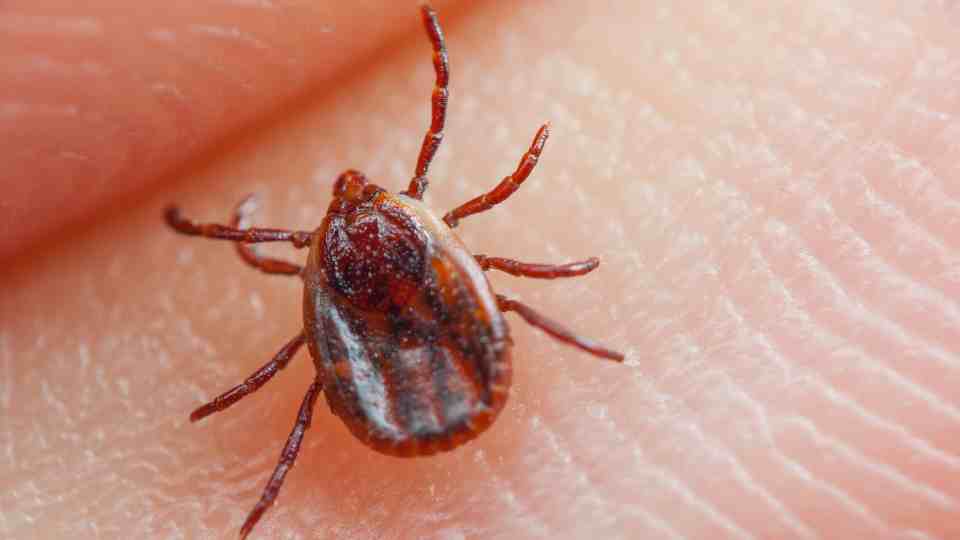Tick-Borne Encephalitis
Tick-borne encephalitis (TBE) is a viral infection transmitted through the bite of infected ticks, commonly found in parts of Central, Eastern, and Northern Europe, Siberia, and parts of Asia. The disease is most prevalent in forested areas and adjacent grasslands, as well as meadows, marshlands, and parks. Ticks are particularly active during spring and summer, making these seasons higher risk for exposure. Travellers engaging in outdoor activities such as walking, camping, or working in woodland areas are at increased risk. Since 2011, six confirmed cases of TBE have been reported in the UK, all linked to travel to endemic regions in Europe. While rare for UK travellers, awareness and preventative measures are essential for those visiting high-risk areas.

Symptoms
Tick-borne encephalitis typically progresses in two stages. The first stage presents as a mild flu-like illness with symptoms such as fever, fatigue, and muscle aches. In some cases, the disease advances to a second stage, involving a serious infection of the central nervous system, affecting the brain and spinal cord. Symptoms of this stage include severe headaches, confusion, seizures, and difficulty moving. While TBE is rarely fatal in Europe, it has a higher fatality rate of up to 20% in Asia. Long-term neurological complications, such as memory problems and motor impairments, are common in severe cases. Immediate medical attention is essential if symptoms develop after a tick bite.

Vaccination
The tick borne encephalitis vaccine is highly effective in preventing TBE and is recommended for individuals visiting rural or forested risk areas, especially during tick season. The vaccine is particularly important for those at occupational risk, such as farmers, forestry workers, and soldiers, as well as for travellers engaging in outdoor activities in endemic regions. Laboratory workers handling the virus are also advised to get vaccinated. The vaccine is administered in a series of injections, and a full course provides long-term protection, with booster doses recommended as needed.
In addition to vaccination, travellers should practise tick bite prevention by wearing long sleeves, using insect repellents, and checking for ticks after spending time outdoors. Removing ticks promptly and avoiding unpasteurised dairy products in risk areas can further reduce the chance of infection. Consulting a healthcare professional well in advance of travel ensures timely vaccination and tailored advice for staying protected.
Book Now
Book your appointment with us today to receive your vaccine and other essential travel vaccinations. Let us help you travel with confidence and peace of mind.


